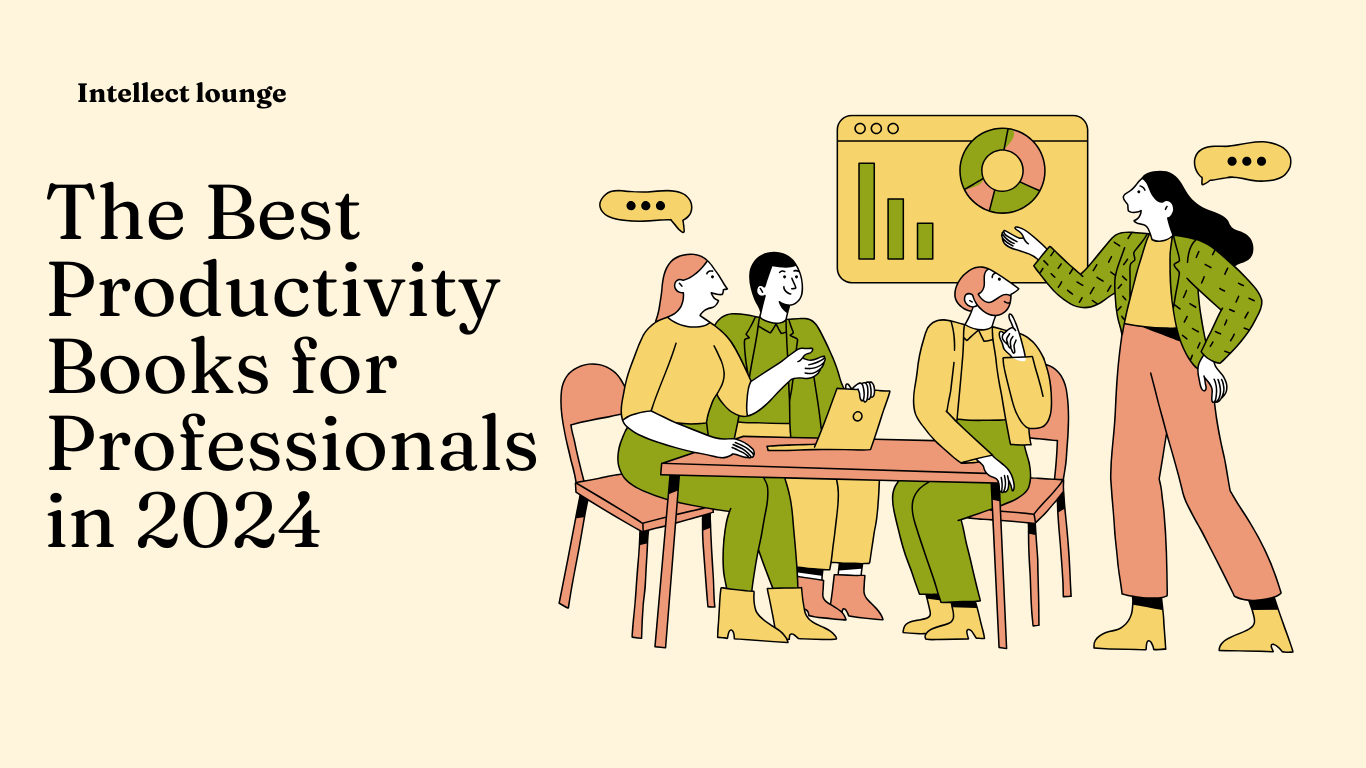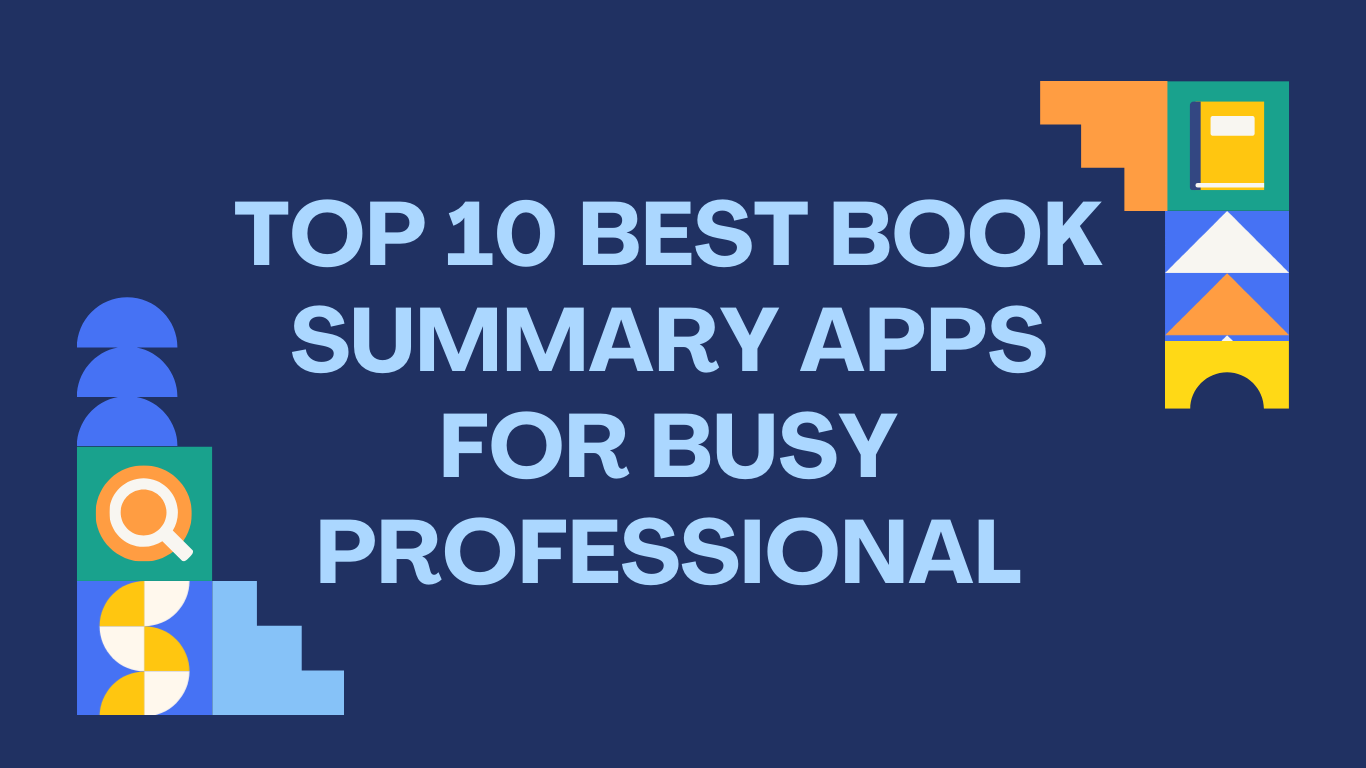Impact-Site-Verification: d1267f03-a813-4591-9534-af577e77cc70
The world is at high time when, for being more productive, working smarter means not working harder. Amidst juggling an innumerable amount of responsibilities, finding ways to be more productive is the goal of busy professionals and students alike. Whether one seeks to streamline his workflow and manage time better or increase efficiency, one always has room for improvement.
It gives great insight into new strategies and views from experts-those who have mastered the art of productivity. But the question is, where to start, since the options are endless? Helping you zero in on some guidance through this galactic sea of productivity literature, we have identified the best books on productivity in 2024. Each of these will help you with practical advice, evidence-based strategies, and actionable steps toward better use of time and goal achievement.
Pain Point: Unable to Stay Productive
Let’s face it: being productive is not that easy. And when you add in endless meetings, inboxes overflowing with letters, and a host of other time-wasters, it’s little wonder any of us manage at all. Sometimes we may feel motivated-ready to get things done-but have simply no idea where to start or how to stay focused. All too often, frustration then takes center stage, and along with it come feelings of overwhelmedness.
It doesn’t have to be that way. The right strategies and tools put you in control of your time and let you wring the most from each day. Enter these productivity books, chock full of insights and techniques guaranteed to help you conquer some of the most common productivity demons and get more done with less sweat.
1. “Atomic Habits” by James Clear
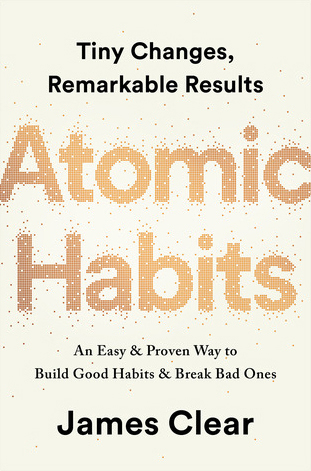
Why Read It?
The book “Atomic Habits” by James Clear is trending to be the go-to manual of anyone wanting to enhance good habits and raise their productivity. James Clear breaks down the science of habit formation into a simple framework for making small changes that lead to big results. If you have ever had a problem maintaining a new routine or trying to break a bad habit, this book will give you the tools you need to make a lasting change.
Key Takeaways:
Make changes in habits little by little and slow.
Make use of the “Four Laws of Behavior Change” with the purpose of creating good habits while breaking bad ones.
Design the environment in such a way that it would be easy to be productive and act consistently toward your goals.
2. “Deep Work: Rules for Focused Success in a Distracted World” by Cal Newport
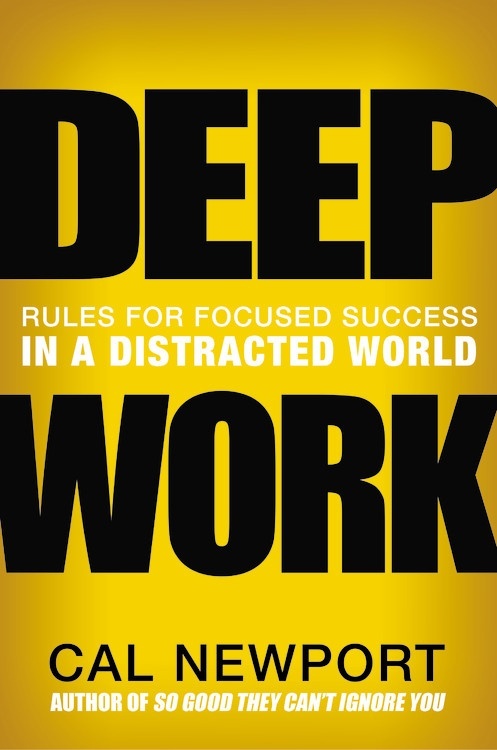
Why read it?
In a world full of distractions, the ability to focus deeply is more valuable than it has ever been. According to Cal Newport, the author of “Deep Work”, under the economic conditions of today, the ability to focus without distraction on a cognitively demanding task is like a superpower. In this book, he gave loads of practical advice about how to develop deep work habits and organize the work environment in order to stimulate concentration.
Key Takeaways:
Deep work helps you get better output in lesser time.
Techniques like time blocking and elimination of distractions shall help one stay focused.
Deep work is something that needs to be nurtured through discipline and dedication to cutting out shallow work.
3. “The 5 AM Club: Own Your Morning, Elevate Your Life” by Robin Sharma
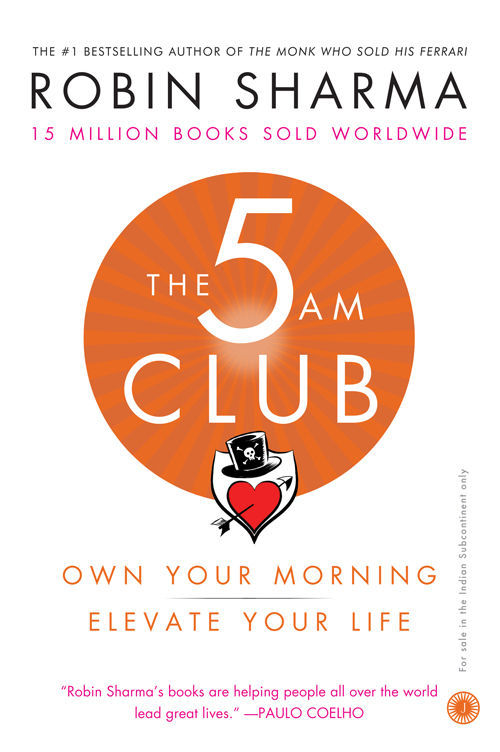
Why You Should Read It?
“The 5 AM Club” tells how one will be able to turn an early rise into an opportunity for better use of one’s productive time throughout the day. Robin Sharma shares how waking up at 5 AM and investing the first hours in personal development will set a trend for the remaining part of the day to become more productive and meaningful.
Key Takeaways:
Provide for a morning routine that will cover growth, learning, and well-being.
Invest the first hour of your day in activities that prepare you for success mentally and physically. The early riser gets to go into the day at least a head start ahead of everybody else. You’re going to get more done.
Also Read: Top 5 Online Platforms for Personal and Professional Development
4. “Getting Things Done: The Art of Stress-Free Productivity” by David Allen

Why Read It?
Getting Things Done” by David Allen is a classic in the world of productivity. In other words, it should be organized in such a way that the GTD system clears your mind from clutter to let you think about what really matters. If you happen to feel burdened each time with the overflowing to-do list, then this book will provide a practical way of effective time and task management.
Key Takeaways
Capture all the things that you need to do in a trusted system outside your mind. Describe the outcome required for each project. Identify the next action. Keep your tasks and their desired outcomes in regular review to stay aligned and on track.
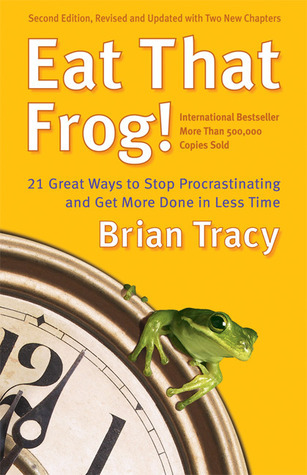
Why Read It?
“Eat That Frog!” is an idea saying that if one tackles his biggest, most important task first in the morning, everything else will be a cakewalk by comparison. Brian Tracy shows 21 practical techniques for conquering procrastination and accomplishing your most important tasks.
Key Takeaways:
Begin with major tasks and tackle them first.
Break up the big task into smaller, more manageable steps.
Apply the “ABCDE Method” in categorizing activities, and prioritize the most important over the less relevant ones.
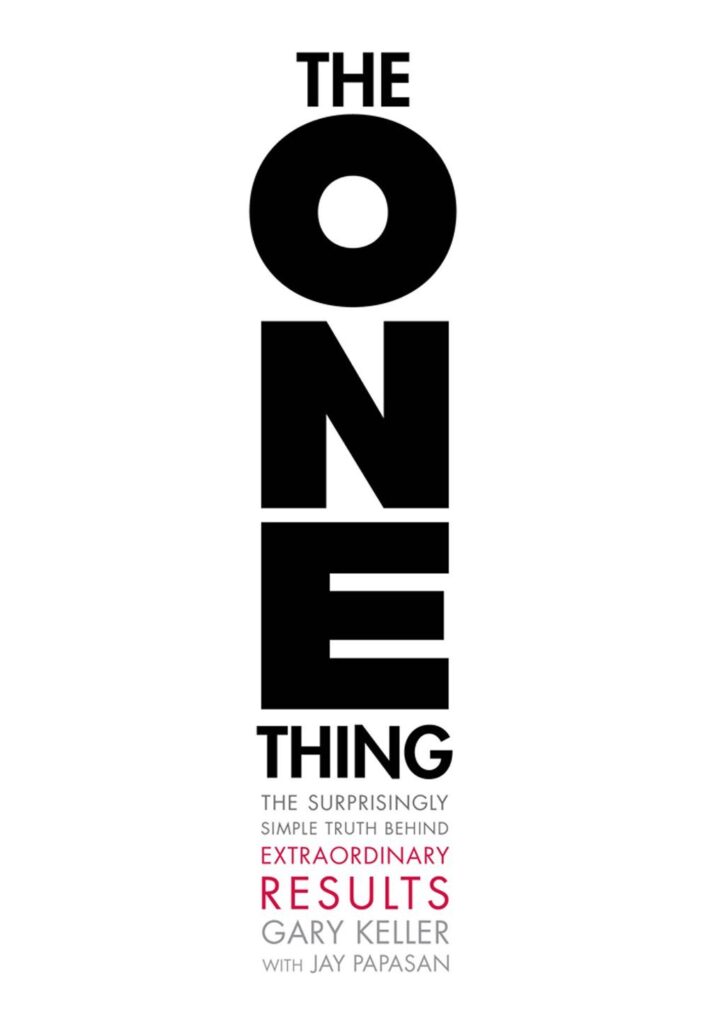
Why read it?
“The One Thing” shows that having one priority helps in bringing enormous results. Gary Keller and Jay Papasan will argue that multitasking is a myth, and paying attention to one thing at a time is the way to excel.
Key Points:
Clearly detect what will make the biggest impact and put all the focus on it.
Learn how to say no to distractions and to things that are less important.
Accomplish this by using the “Focusing Question” to determine what is most important every day.
7. “Make Time: How to Focus on What Matters Every Day” by Jake Knapp and John Zeratsky
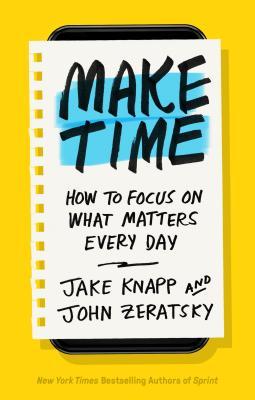
Why Read It?
“Make Time” is based on a new premise: make time for what really matters. Authors Jake Knapp and John Zeratsky used to be product designers at Google and YouTube, respectively. The authors give very simple strategies on how anyone could make time in his day for the most important things in the book.
Key Takeaways:
Concentrate on one “highlight” each day, which should be the most important thing to you.
Cut down on distractions with these simple strategies that can help you get onto the right track.
Try a few techniques to see what works best for you.
Conclusion
Getting productive need not be complicated. If one is endowed with the right attitude and strategies, anyone must be in a position to take charge of his time and make his goals hustle-free. These above books depict insights and tangible advice needed to ensure that any person works wiser, and not harder. Maybe you’re looking to improve your habits, focus, or simply how you manage your time with new ways; then there is a book for you on this list.
Want to be more productive in 2024? Look for one of these books today and begin the journey to a more productive life.
Want to do more in less time? Find below your next great read on productivity and start creating a change in your work habits right now!
Also Read: 10 best book summary apps for busy professionals in 2024
